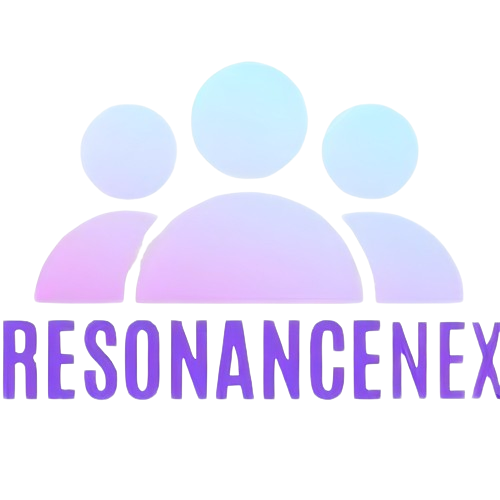Achieving Harmony: The Significance of Work-Life Balance in Today's Workplace

In today’s fast-paced world, where technology has blurred the lines between work and personal life, achieving a healthy work-life balance has become more crucial than ever. Gone are the days when employees were expected to prioritize work above all else. Instead, modern workplaces are recognizing the importance of fostering an environment that promotes well-being, productivity, and overall satisfaction. In this blog post, we’ll delve into the significance of work-life balance in the modern workplace and explore strategies for achieving harmony between professional and personal life.
Improved Well-being

Maintaining a healthy work-life balance is essential for preserving both physical and mental well-being. Long hours and constant work-related stress can lead to burnout, fatigue, and other health issues. By prioritizing time for relaxation, hobbies, and social activities outside of work, employees can recharge their batteries and prevent the negative effects of overwork.
Increased Productivity
Contrary to popular belief, working longer hours does not necessarily equate to increased productivity. In fact, studies have shown that employees who maintain a healthy work-life balance are often more productive and efficient in their roles. By taking regular breaks, setting boundaries, and managing their time effectively, employees can maintain focus and energy levels throughout the workday.
Enhanced Job Satisfaction

Employees who feel supported in achieving work-life balance are more likely to experience higher levels of job satisfaction and engagement. When employers prioritize employee well-being and offer flexible work arrangements, such as remote work options or flexible hours, they demonstrate their commitment to creating a positive work environment where employees feel valued and appreciated.
Reduced Turnover Rates
Companies that prioritize work-life balance are more likely to retain top talent and reduce turnover rates. Employees are more likely to stay with an organization that respects their need for personal time and provides opportunities for growth and development. By investing in their employees’ well-being, employers can build a loyal and motivated workforce that contributes to long-term success.
Positive Organizational Culture

A healthy work-life balance is not only beneficial for individual employees but also contributes to a positive organizational culture. When employees feel supported in achieving work-life balance, they are more likely to collaborate effectively, communicate openly, and contribute to a positive work environment. This, in turn, fosters a culture of trust, respect, and camaraderie within the organization.
Conclusion
In conclusion, achieving a healthy work-life balance is essential for both employees and employers in today’s modern workplace. By prioritizing employee well-being, companies can improve productivity, enhance job satisfaction, reduce turnover rates, and foster a positive organizational culture. It’s time for employers to recognize the importance of work-life balance and take proactive steps to support their employees in achieving harmony between their professional and personal lives.
